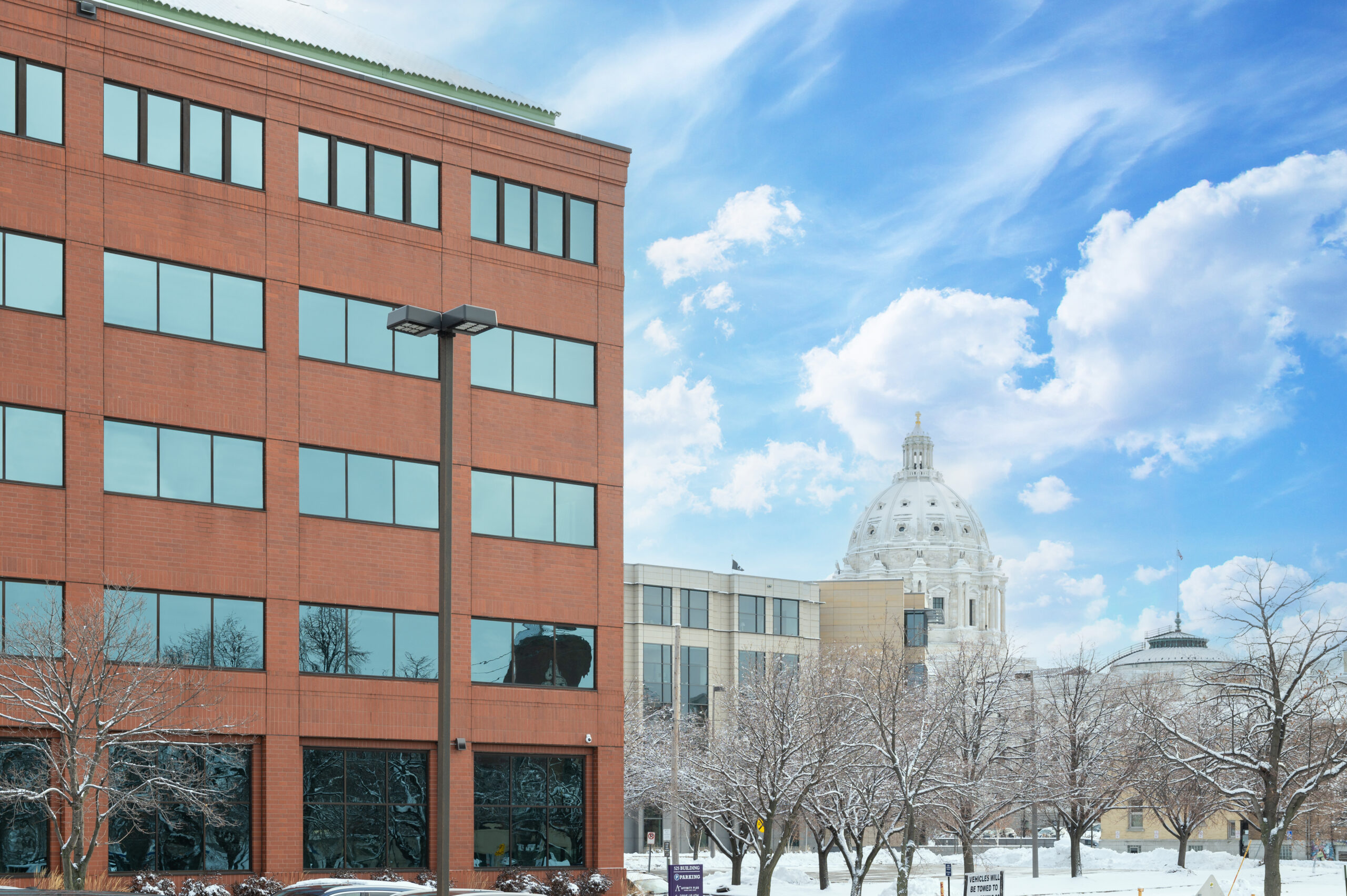House Standoff Ends, Leaders Face Packed Legislative Agenda
Last Week in Summary
The historic standoff in the House has finally come to an end. Late Wednesday night the news broke that GOP Leader Lisa Demuth and DFL Leader Melissa Hortman had reached a deal and both parties were ready to conduct business. Per the agreement, Rep. Lisa Demuth (R-Cold Spring) will be elected Speaker of the House, and will remain in that position through 2026. Committees will be in Republican power until the special election in 40B to fill the vacant seat on March 11. Assuming a DFL candidate is elected and seated, a power-sharing agreement will go into effect with a co-chairing committee structure. The only exception to this arrangement will be a new fraud oversight committee, where Republicans will hold a five-to-three majority, but would not have absolute power. They would not be able to subpoena records or witnesses without the cooperation of at least one Democrat on the committee.
Now that the agreement is in place, the question is whether the Republicans will follow through on their threats to recall the absent DFL members for nonfeasance. The recall process is lengthy, potentially taking up to 10 months. On Wednesday, before the deal was announced, members had already begun collecting the necessary signatures.
Both leaders have said they intend to work diligently to meet the May 19 end-of-session deadline. With over 1,000 bills allegedly queued up for consideration, and less than 100 days left to get things done, the representatives have their work cut out for them. The February budget forecast is set to come out on March 6, about one week later than normal due to a delay in the release of federal employment data.
House committee hearings will begin Monday, February 10.
Senate Education Finance
Tensions rose on Tuesday in the Senate Education Finance Committee as senators debated the impacts of the possible federal funding elimination. Adosh Unni, MDE Director of Government Relations, presented a thorough breakdown of federal vs. state funding to schools, showing that federal funding makes up 10% of the state’s education budget. Federal funding covers everything from nutrition, to the Individuals with Disabilities Education Act (IDEA), to charter schools. It is unclear at this time what will happen with federal funding, if anything. Sen. Lucero (R-St. Michael) referenced the broken system and believes this short term destabilization will only reap long term success. Chair Kunesh (D-New Brighton) rejected the notion, emphasizing that when it comes to students, no instability is good. With all of this uncertainty, concerns about building a budget continue to grow.
On Wednesday, senators heard testimonies from 15 different principals and deans of Independent and Faith-Based schools around the state. The cuts in Walz’s current proposed budget to things such as non-public pupil aid, transportation funding, safety dollars and counselling funds were the focal point, with testifiers urging senators of the hardships they would face without these dollars.
Senate Education Policy
Nick Nigro of the Legislative Coordinating Commission, presented the final report of the Student Attendance and Truancy Legislative Study Group to senators on Monday. The study group from 2024, composed of 12 different districts, was created to make recommendations to the relevant legislative committees in order to increase student attendance and reduce truancy, particularly in the wake of the 2020 Covid Pandemic. Nigro noted that the most reported reason for student absences was mental health struggles.
Colleen Kaibel, Minneapolis Public Schools Director, gave a presentation on the Student Retention & Recovery Project. Kaibel notes that identifying the correct ways to reduce chronic absenteeism can be challenging. The project found there are inconsistencies between districts in coding/tracking absences, a lack of communication channels with families, difficulty in identifying and providing interventions across all tiers, especially for students who are most chronically absent, and inconsistent responses to absences. Districts in the pilot project are redesigning strategies to increase attendance, such as adding in professional development to assist staff in understanding the framework of attendance prevention and intervention.
On Wednesday, the discussion in Education Policy Committee was focused on safety in schools. Among the testifiers was a second grade teacher from Hibbing, as well as police officers and sheriffs from around the state. Mark Ross, President of the St. Paul Police Federation and former School Resource Officer (SRO), urged the importance of having SROs present in schools, citing the increasing violence in schools. Ross says they are continuously searching for solutions to the growing issue and are working with schools and administrators to create safe environments for learning. Also on the table were three bills (SF 557, SF 676, SF 371) related to mandates on reporting violent incidents in schools. SF 557 would require that the school notifies parents within 24 hours of a violent incident occurring, whereas SF 676 requires an alert to be sent out to the parent community (those who are opted in to receive alerts) after any violent incident in the school occurs, and prohibits retaliation for reporting. Lastly, SF 371 states that a school district employee who witnesses a fight between pupils must file a police report. Concerns about adding more unfunded mandates to schools arose, while some questioned whether more reporting is even the answer to decreasing the violence.
This Week at the Legislature
- House committee hearings will begin. Senate committees will now be led by DFL chairs.
- In Education Policy, Sen. Mann will present a bill on prohibiting cell phone use in schools.
- Education Finance will see presentations on the READ Act as well as an update on Free School Meals.





